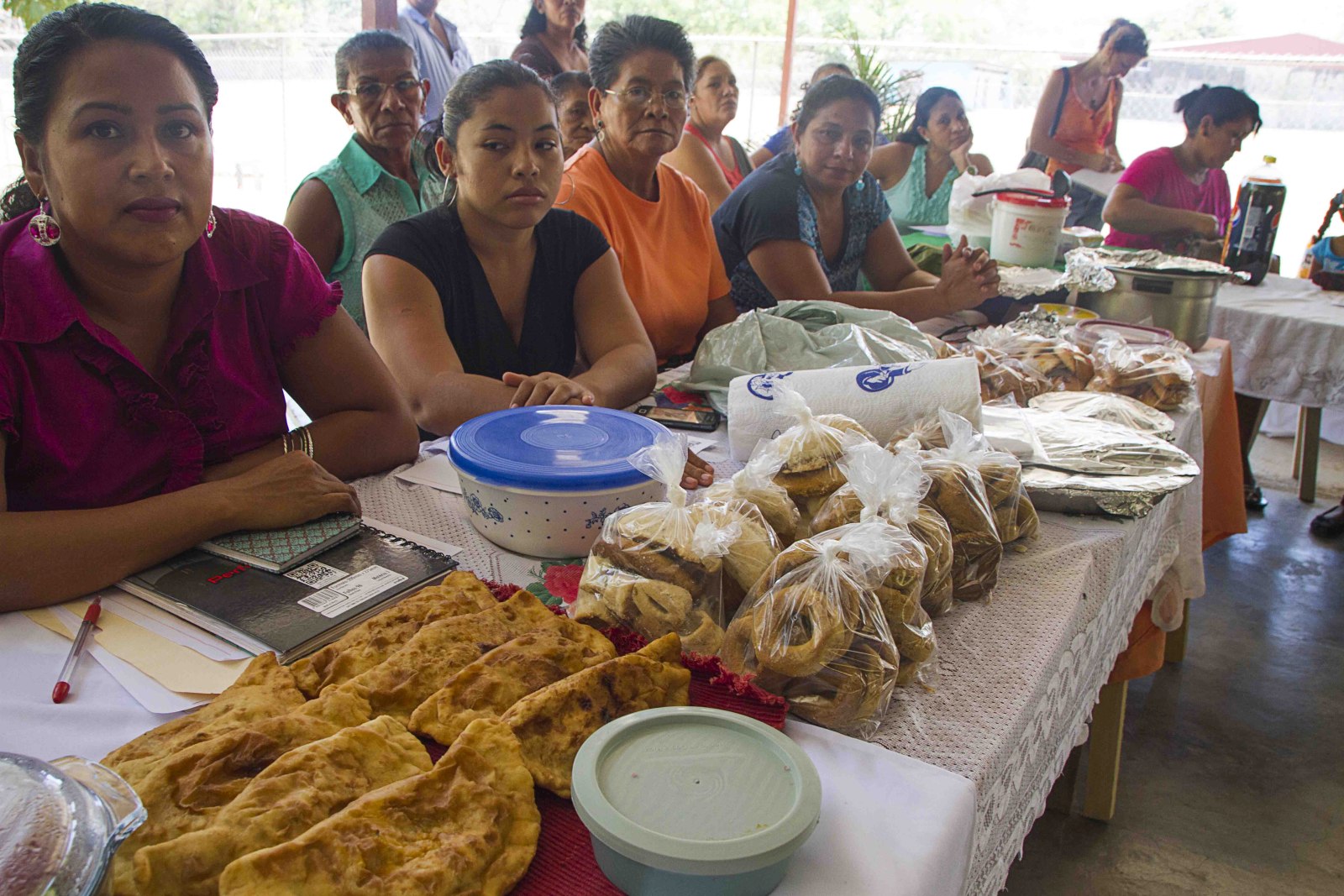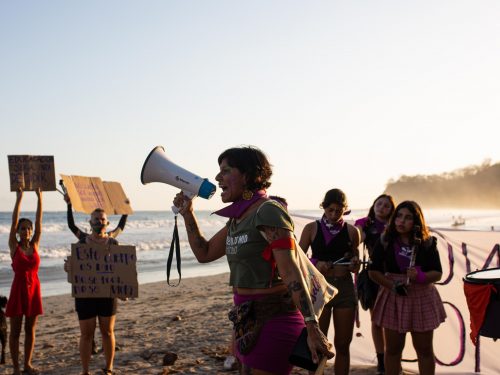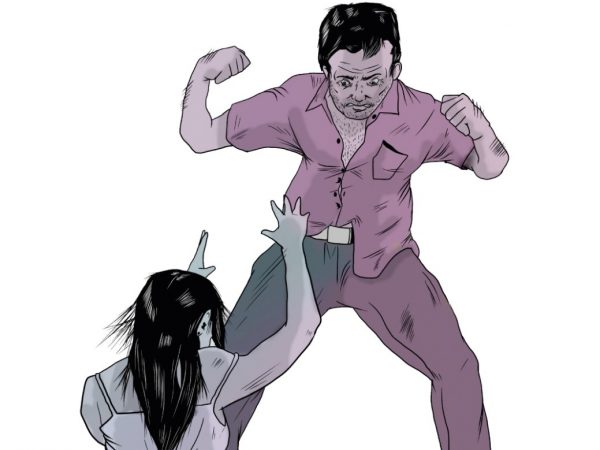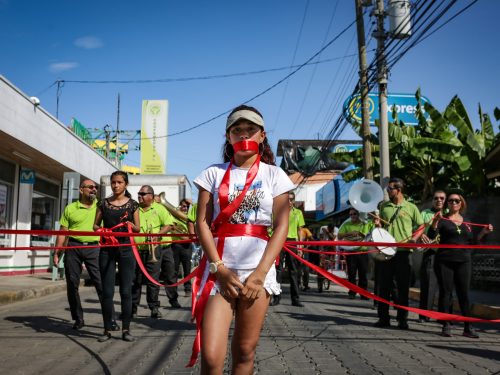
On March 18, during a meeting held in Nicoya with representatives from the National Women’s Institute (INAMU), Banco Popular and the National Learning Institute (INA) with groups of women from around the canton, tension mounted due to confusion about the purpose of the meeting. Some of the women had come with high expectations that INAMU was going to grant money to the women to help them start or grow their businesses. About 130 were in attendance, many of whom brought samples of their work to display: food items, artwork, quilts, leather work, clothing and more.
After about half an hour of presentations, the representative from INAMU, Ana Laura Obregon Montiel, opened the floor for questions. Laura Hernandez Ledezma of Barco Quebrado asked for her to clarify when and in what form the women would receive the money, and Obregon responded by asking “What money?”
As other women in attendance expressed that they felt deceived, Obregon tried to clarify that INAMU had run a competition called FOMUJERES, a non-refundable fund to foment productive activities, but that competition closed on January 24, although due to the amount of applications received, the results, originally scheduled to be released in March, would be delayed until the end of April. For those who entered the competition, the status of applications can be checked at www.inamu.go.cr.
For her part, Obregon was there to present a different opportunity, called Project Emprende (Launch), which is being backed by the European Union to provide assistance and training for women to establish businesses selling three lines of saleable products: crafts (jewelry, artwork in mediums such as glass or leather, quilting, etc.), rural tourism (for example, trail tours owned by a woman) and agro industry (typical foods like tortillas, as well as preserves, jams and honey).
The project is being developed in three regions of Costa Rica: Chorotega (including Nicoya), Pacific Central and the Caribbean. Women whose products qualify can receive direct support to strengthen their businesses through training in production, how to get bar codes and how to enter and position themselves in the market, working in groups or as individuals.
Women wishing more information about Project Emprende can contact INAMU’s regional office at 2666-7508 or 2665-4946. The Ministry of Agriculture and the Ministry of Economy, Industry and Business are also participating in this project. Ministerio de Economía, Industria y Comercio
Obregon also explained that the only government entity that offers aid in the form of non-refundable money is IMAS, the Mixed Institute of Social Assistance.
Karen Espinoza Villalobos, the director of INA in Nicoya, highlighted that they are offering free courses such as two-month courses on launching businesses and on administration for small and medium businesses, a 6-month course on information technology and a one-month course in hydroponics. She also pointed out that INA provides financial assistance for bus fares, food and possibly lodging while people are taking a course.
According to Espinoza, about 600 people receive training from the Nicoya INA annually, and about 80% are women. For more information or to enroll in a course, contact Enrique Molina, services administrator, at 2685-4295.
The meeting was organized by Patricia Ruiz Cambronero, a community leader in San Martin of Nicoya, who sought to open doors for women by organizing a group to seek out aid opportunities. The group started with about 20 women and has grown to more than 100 from communities around the canton.
“The government has money to support women,” affirmed Ruiz. She reasoned that it’s just a question of finding which institution offers what help, and therefore decided to organize the meeting so all of the women could hear all of the offerings at the same time.
For her part, after the meeting Hernandez Ledezma, who dreams of opening a soda, commented that sometimes the women, herself included, don’t understand the information, citing the confusion about the financial assistance. Nonetheless, she affirmed, “I continue participating. The assistance is always there.”







Comments